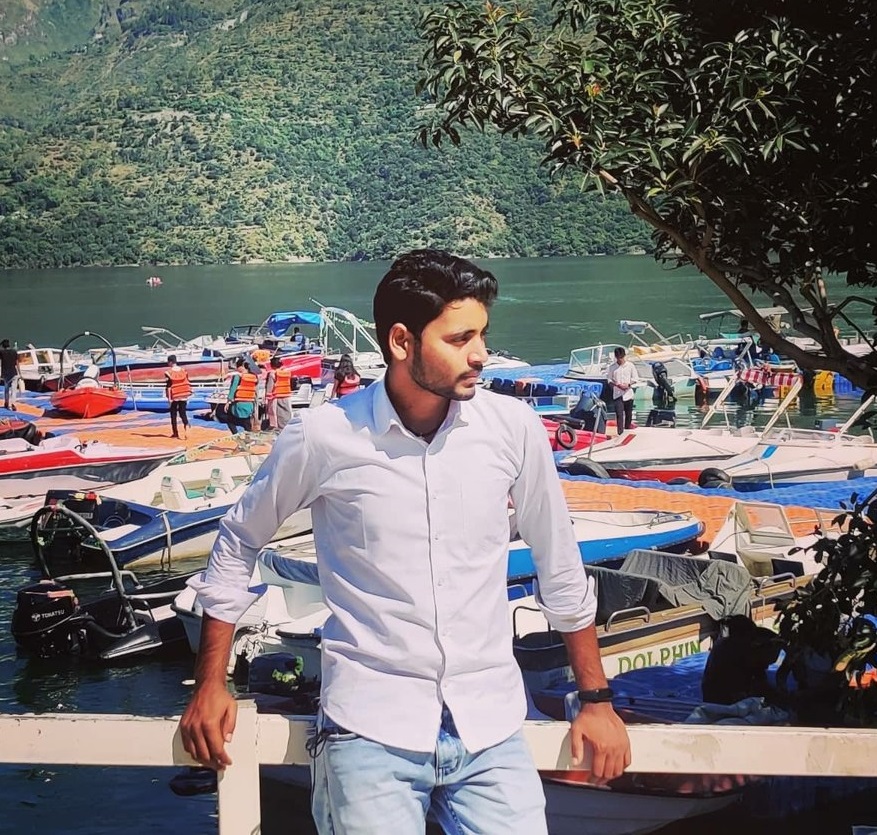
Table Of Contents
- How to apply for court marriage in Delhi?
- Requirements for registration marriage in Delhi
- A step-by-step process for applying for a court marriage in Delhi
- Is court marriage a good option in India?
How to apply for court marriage in Delhi?
Court marriage, also known as civil marriage, is a legal process by which a couple gets married in a court of law instead of following traditional marriage customs and rituals. The court marriage process is a simpler and more straightforward way of getting married, and it is recognized under Indian law.
In Delhi, court marriages are governed by the Special Marriage Act, of 1954. This act allows two people of any religion, caste, or nationality to marry each other in a court of law without the need for any religious ceremony. The marriage can take place in the office of the Marriage Registrar or any other location that is approved by the Registrar.
Requirements for registration marriage in Delhi
The requirements for inter-caste court marriage in Delhi do not differ. The requirements for inter-caste court marriage in Delhi are governed by the Special Marriage Act, 1954, which applies to all marriages in Delhi, regardless of the caste, religion, or ethnicity of the individuals involved.
To register for a court marriage in Delhi, both parties must meet the following requirements:
- They must be at least 21 years of age if male, and 18 years of age if female.
- They must not be within the prohibited degrees of the relationship as per the law.
- They must be mentally sound and capable of making decisions for themselves.
- They must not have a living spouse at the time of marriage.
- They must provide valid proof of identity and age, such as a passport, Aadhaar card, or driving license.
In addition to the above requirements, both parties must also give notice of their intention to marry to the Marriage Officer of the district in which they reside, and wait for a period of 30 days before the marriage can be solemnized. During this period, objections to marriage can be raised by anyone who has a valid reason to do so. The requirements for inter-caste court marriage in Delhi are the same as those for any other court marriage in Delhi, and they are governed by the Special Marriage Act, 1954.
A step-by-step process for applying for a court marriage in Delhi
The process of court marriage in Delhi involves a few simple steps:
- Notice of Intended Marriage: The first step is to submit a Notice of Intended Marriage to the Marriage Registrar of the district where either the bride or the groom has been residing for at least 30 days before the date of submission of the notice. This notice should be submitted in the prescribed form along with the requisite fee and necessary documents. The notice will be published on the notice board of the office of the Marriage Registrar.
- Waiting period: There is a waiting period of 30 days from the date of publication of the notice before the marriage can be solemnized. During this period, objections can be raised by any person against the intended marriage.
- Verification: If there are no objections, the Marriage Registrar will verify the documents and issue a Certificate of Marriage.
- Marriage ceremony: The marriage can be solemnized after the issuance of the Certificate of Marriage. The parties can choose to have the marriage ceremony at the office of the Marriage Registrar or any other place of their choice.
Is court marriage a good option in India?
Whether or not a court marriage is a good option in India depends on individual circumstances and preferences.
In India, court marriage is a legal alternative to traditional marriage ceremonies, where the couple can register their marriage with a court of law without any religious or social customs. Court marriages are usually simpler and less expensive than traditional marriages, and can be a good option for couples who prefer a more private or low-key ceremony, or for couples from different religions or castes who may face opposition to their marriage from their families.
However, it’s important to note that court marriages may not be recognized by some communities or families in India, and may not provide the same level of social acceptance as traditional marriages. Additionally, court marriages may not provide the same level of protection for women in terms of legal and financial rights as traditional marriages do, so it’s important to consult with a legal professional to understand the implications of a court marriage before making a decision.



